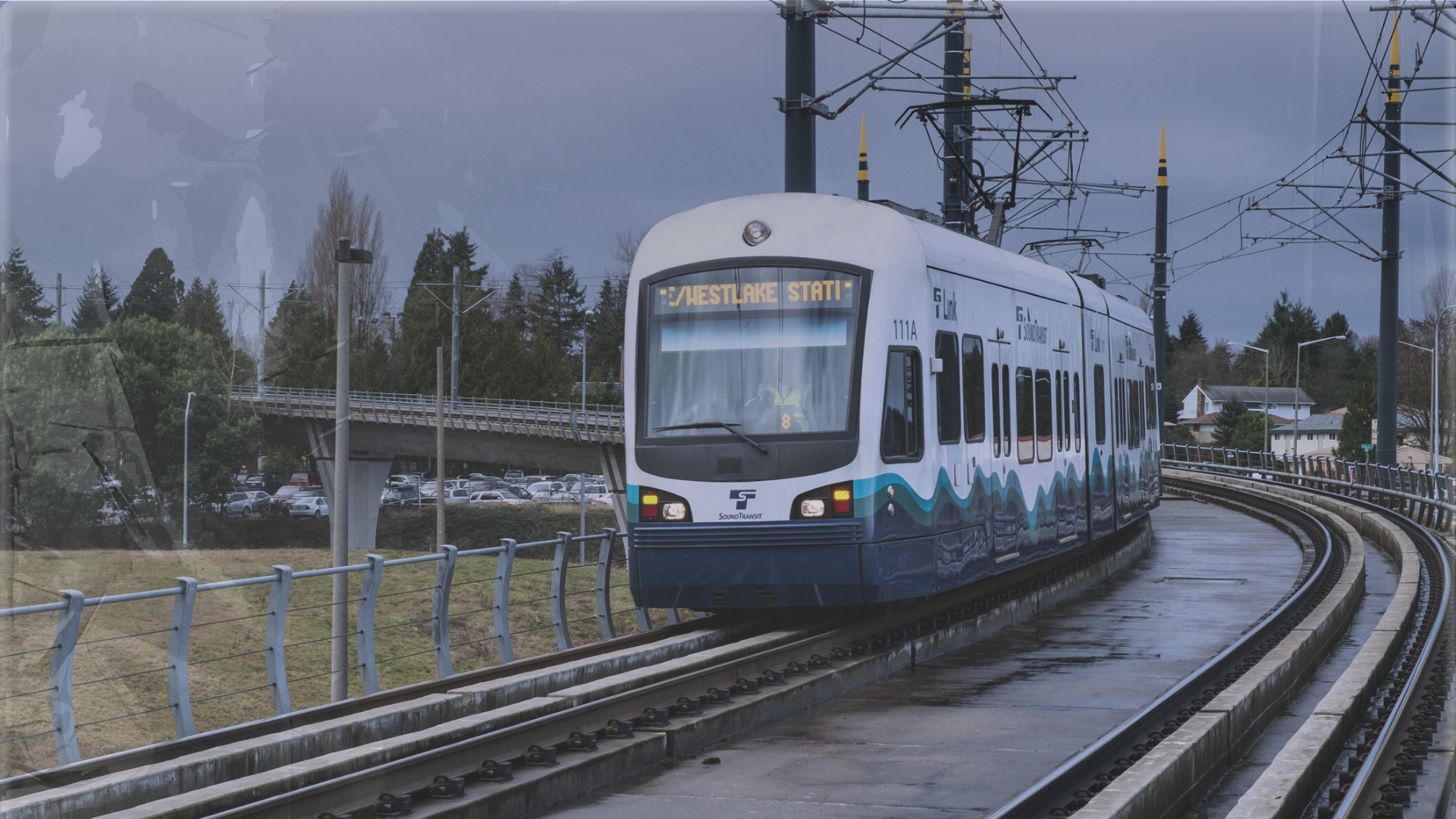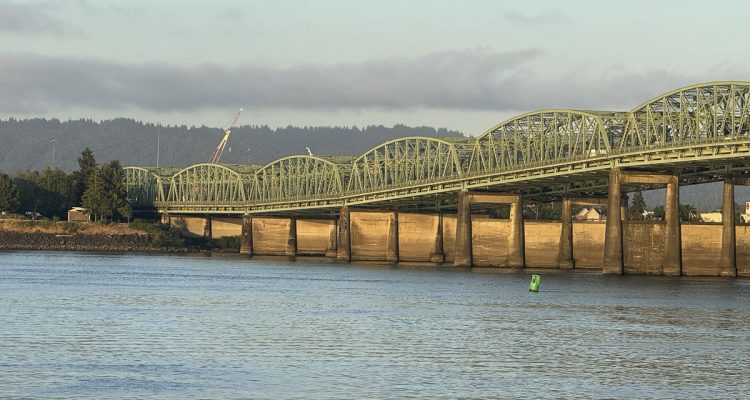While Sound Transit officials prepare to ask people living in King, Pierce and Snohomish counties to pay billions in new taxes for more costly light rail projects, they may be experiencing nervous shock at what just happened in a neighboring city to the north. Voters in Metro Vancouver, B.C. just handed a resounding “No” to local transit officials, coming in 62% against a proposed subway and light rail expansion project.
The rejected $7.5 billion ($CAN) transportation plan would have been for expanding light rail, more bus service, an extension of the subway, and new Bus Rapid Transit lines.
The public debate centered on TransLink, the transit/road management agency in Metro Vancouver. Armed with close to $6 million ($CAN), the “Yes” side was unable to convince voters to trust TransLink with a 0.5% increase in the regressive Provincial Sales Tax. The “No” side, with only $40,000 ($CAN), prevailed. When the winning side was outspent 150-to-1 there’s no doubt about the message: Vancouver voters clearly meant what they said.
The election result is a stunning setback for light rail and subway boosters, but what I find interesting is that the “Yes” campaign messaging is eerily similar to Sound Transit’s pitch for passing a $15 billion Sound Transit 3 tax increase next year. For example:
On growth:
Vancouver “Yes” campaign: “But our region faces challenges, including 1 million more Metro Vancouver residents expected over the next 30 years.”
Sound Transit officials: “By 2040 the area's population is set to grow by one million people, equivalent to the current populations of Seattle, Everett and Tacoma combined.”
On the economy and livability:
Vancouver “Yes” campaign: “These investments [spending], to be completed over the coming 10 years, are essential to protecting our environment, strengthening our economy, and improving our health and quality of life.” [Emphasis theirs]
Sound Transit officials: “The livability and economic vitality of our communities depend on adding high-capacity transportation infrastructure.”
Sound Transit officials: “The great economic success we’ve worked so hard to achieve and the state’s future prosperity rest on continuing mass-transit investments that voters overwhelmingly support.”
On the supposed costs of inaction:
Vancouver “Yes” Campaign: "Imagine the impact on congestion, on economic capacity and on environmental quality if we fail to meet that new demand with adequate new service and infrastructure.”
Sound Transit officials: “What we know is that inaction and delay will result in worse congestion, worse air quality and a reduced quality of life.”
The claims made by Vancouver Metro officials failed to convince voters to raise the financial burden of the regressive Provincial Sales Tax to fund the costly plans of light rail backers. Sound Transit officials may want to consider the Vancouver vote when pushing for light rail taxes next year. If we think of the TransLink election as an enormous real-life focus group (750,000 people voted) on whether people want to increase regressive taxes to pay for an agency’s rail plans, Sound Transit officials have every reason to be discouraged.




